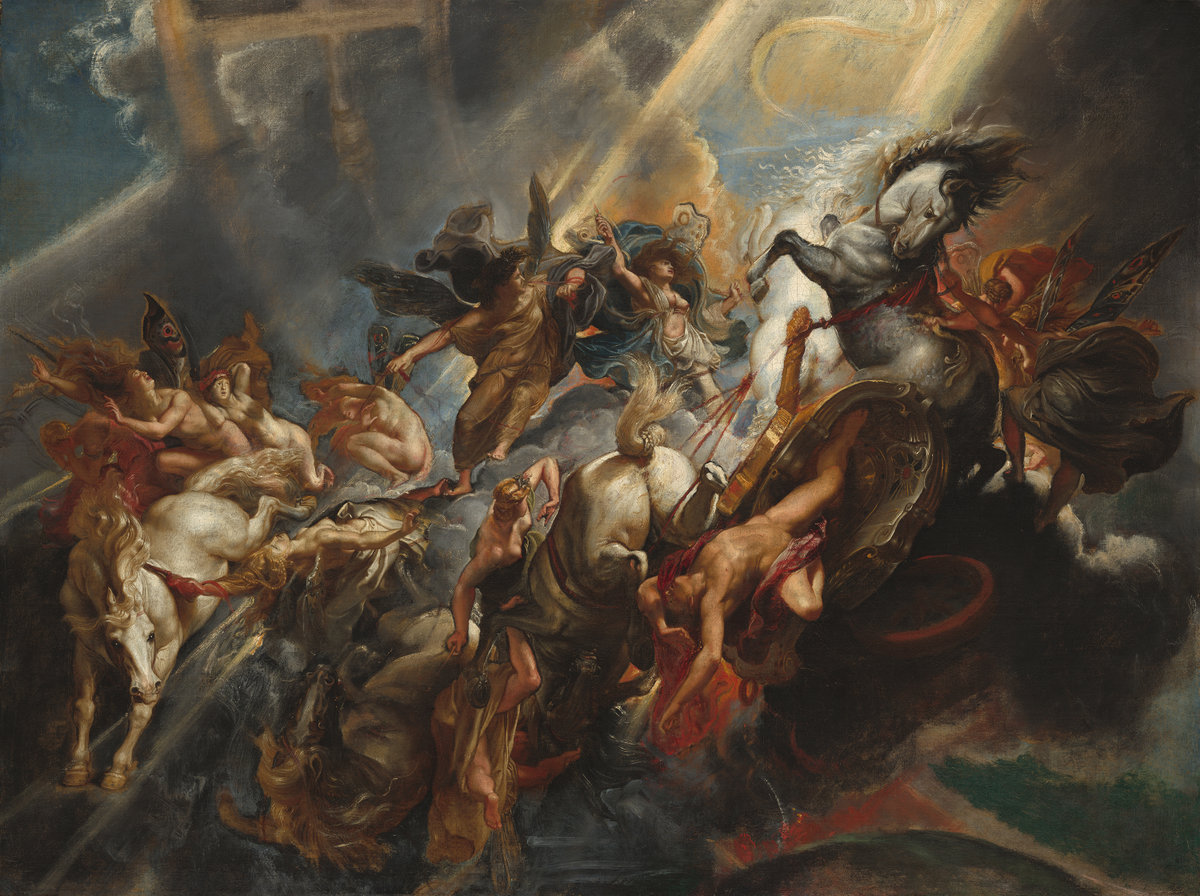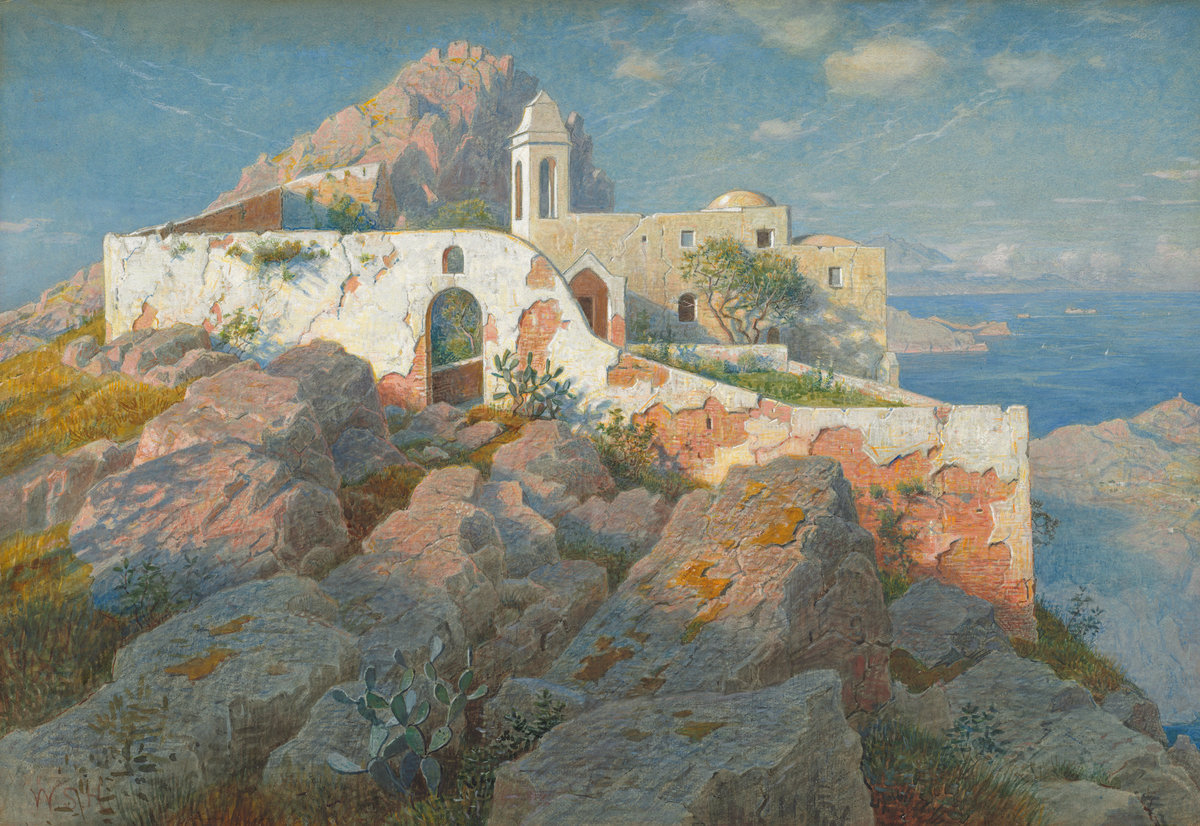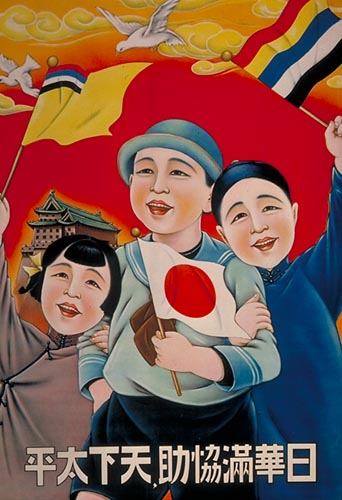
As the Pakistani Taliban gains strength, a Washington Post report from earlier this month chronicled Karachi residents living in fear. Last week a suiciding bombing killed 11 police officers in the city, which with a population of over 20 million is the largest in Pakistan.
Central Eurasia Standard has a useful roundup of conflicts in the North Caucasus.
Highlighting the apparent futility of the deadlocked Geneva II talks, the negotiations have been accompanied by a sharp rise in violence in Syria. The Syrian Observatory for Human Rights reports that 6,000 have died since the talks began late last January, and Ambassador Samantha Power stated last week that “it is not enough for us to stand here and say there has been no progress, which there hasn’t, we must recognize and state very forcefully that the situation has gotten worst, and is getting worst.”
On worries of long-term Syrian disunity: How a Syrian Kurdish militant group (affiliated with the PKK in Turkey) operates an autonomous government in northeastern Hassakeh province, where Kurdish militants recruit Assad loyalists to fight Islamist opposition groups.
Saudi Arabia has banned its citizens from traveling abroad to fight alongside jihadists, after previously turning a blind eye to Saudis fighting in Syria. Saudis were previously noted as being particularly effective and dedicated fighters.
Is Tunisia using combating terrorism as a cover for human rights abuses?
Something akin to ethnic cleansing continues in the Central African Republic, with many members of the country’s Muslim minority fleeing to northern CAR or over the border into Chad. Peacekeepers only have the resources or willingness to “manage” the exodus, and have “acquiesced to violence in some cases by allowing abusive anti-balaka militias to fill the power vacuum created by the Seleka’s departure,” says one Amnesty International adviser. (A reminder: Seleka was mostly Muslim rebel coalition that brought now-resigned President Djotodia to power in spring 2013; Djotodia subsequently apparently lost control of the fighters, who are opposed by other militias.) Nanjala Nyabola cautions against viewing the conflict through just a religious lens, and raises French uranium interests as an explanation for the prompt French military presence in the country.
The New York Times editorial board this week warned of “genocide” in CAR. Mark Leon Goldberg questions the label but reasons that “if an op-ed that perhaps improperly invokes the specter of ‘genocide’ is the way to mobilize Americans and catch the international community’s attention, then so be it.”
The ICC is currently pursuing more cases in Africa than everywhere else combined. Is this disproportion a problem? (Via Laura Seay.)
In Ukraine, the Yanukovych government’s response to demonstrations dramatically escalated this week, with at least 18 protesters and policemen dying Tuesday. Fears about the political conflict’s future appear to be growing more serious. The Atlantic collects photojournalism from the clashes, including pictures of protesters throwing Molotov cocktails directly at security forces.
On the other side of the globe protests erupted in Venezuela last week, with demonstrators challenging the government of Hugo Chávez’s successor, Nicolás Maduro. Opposition leader Leopoldo López voluntarily turned himself in Tuesday, there are reports of torture, and Maduro has sought to dismiss the protests as a US-backed coup attempt — claims that the State Department vehemently denies, but have perhaps gained more traction among Maduro supporters due to the Bush administration’s notable failure to quickly denounce the 2002 coup attempt against Chávez.








0 comments